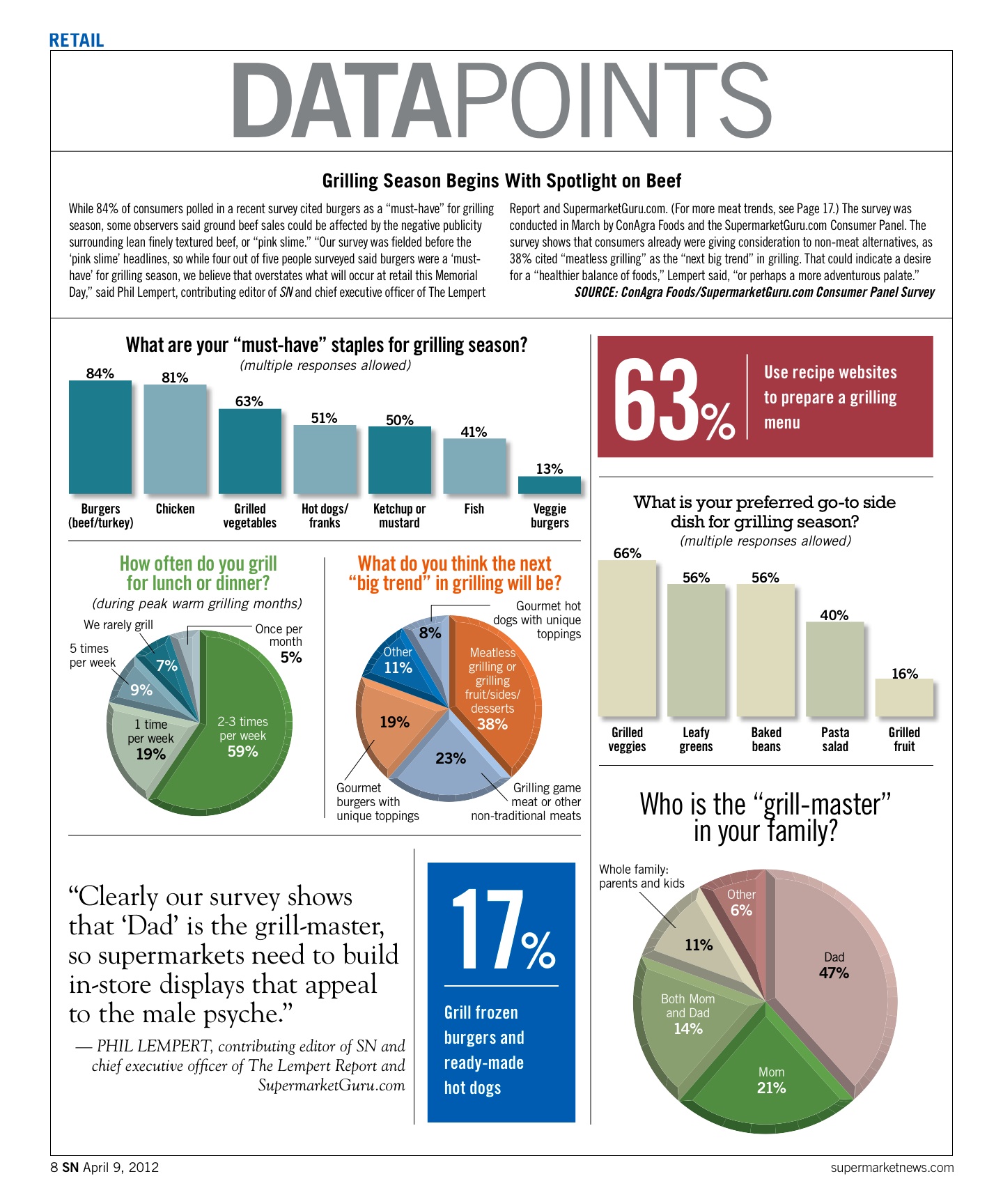Last year, Mark Lorion (@mark_lorion), our vice president of marketing, took a quick break from the exciting world of data analytics to give us his answer to a burning question – charcoal or gas grill – just in time for Memorial Day. See his data visualization from last May here.
Last year, Mark Lorion (@mark_lorion), our vice president of marketing, took a quick break from the exciting world of data analytics to give us his answer to a burning question – charcoal or gas grill – just in time for Memorial Day. See his data visualization from last May here.
While we’ve never solved the dilemma of which is better (we think it has more to do with a personal preference), we’re firm believers in asking questions to find answers in the data. So, we went to a trusted source for some new facts surrounding the controversy of coals versus blue flames – Google.
Here’s what we found:
The Huffington Post has published a poll that lets you note your preference, read some comments from their Facebook fans and then decide if you still agree with your initial answer. It’s a nice data collection move!
Food columnist Jim Hillibish “bursts open the urban myths of grilling” in this column. A few interesting stats:
- The grilled taste comes from the fat dripping and burning on the heat source, so it has more to do with the fat content of your meat than the fuel source;
- The “smoking” of meat takes about five minutes of contact with the smoke on a grill;
- If you were to use pine chips to smoke your ribs or pork roast, you’d taste something equivalent to turpentine. Fruit tree wood is better.
